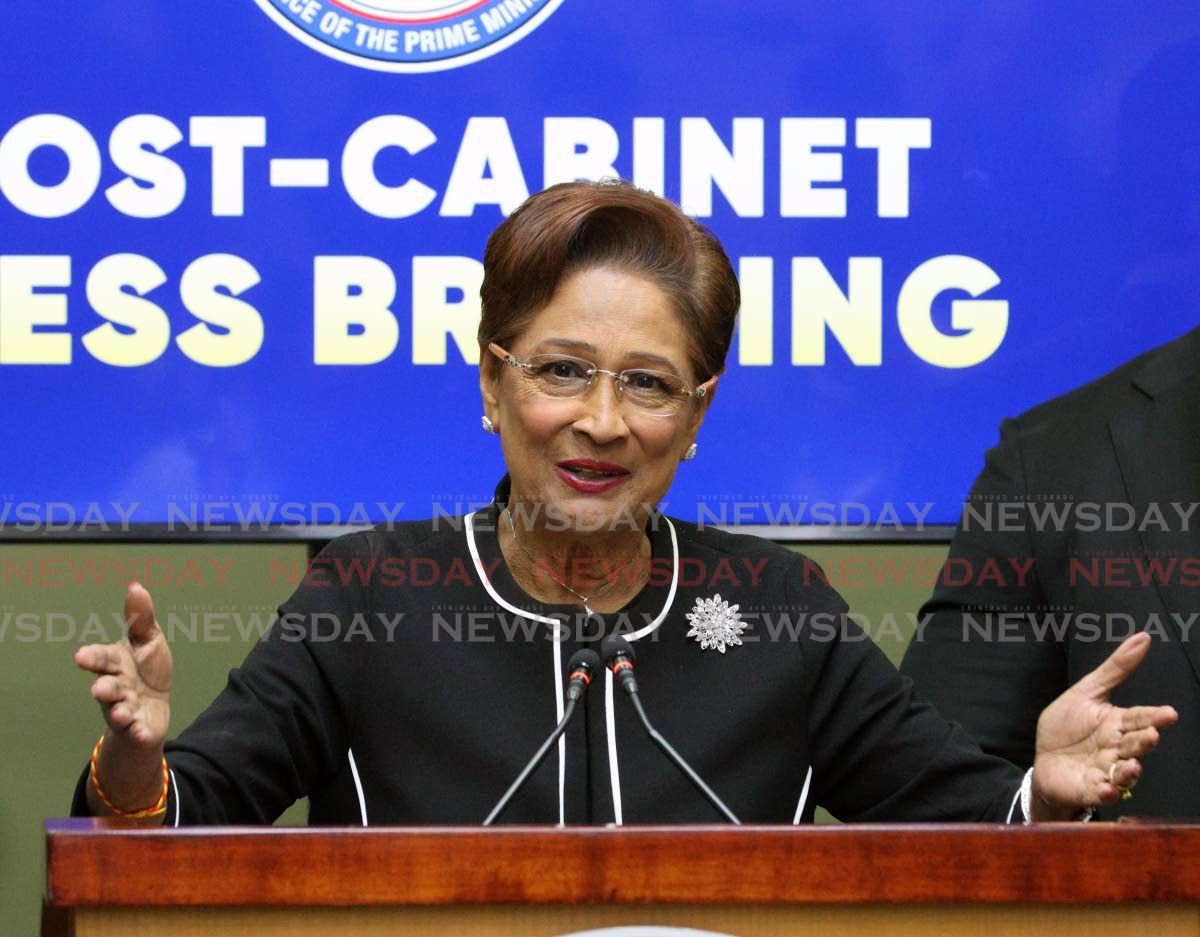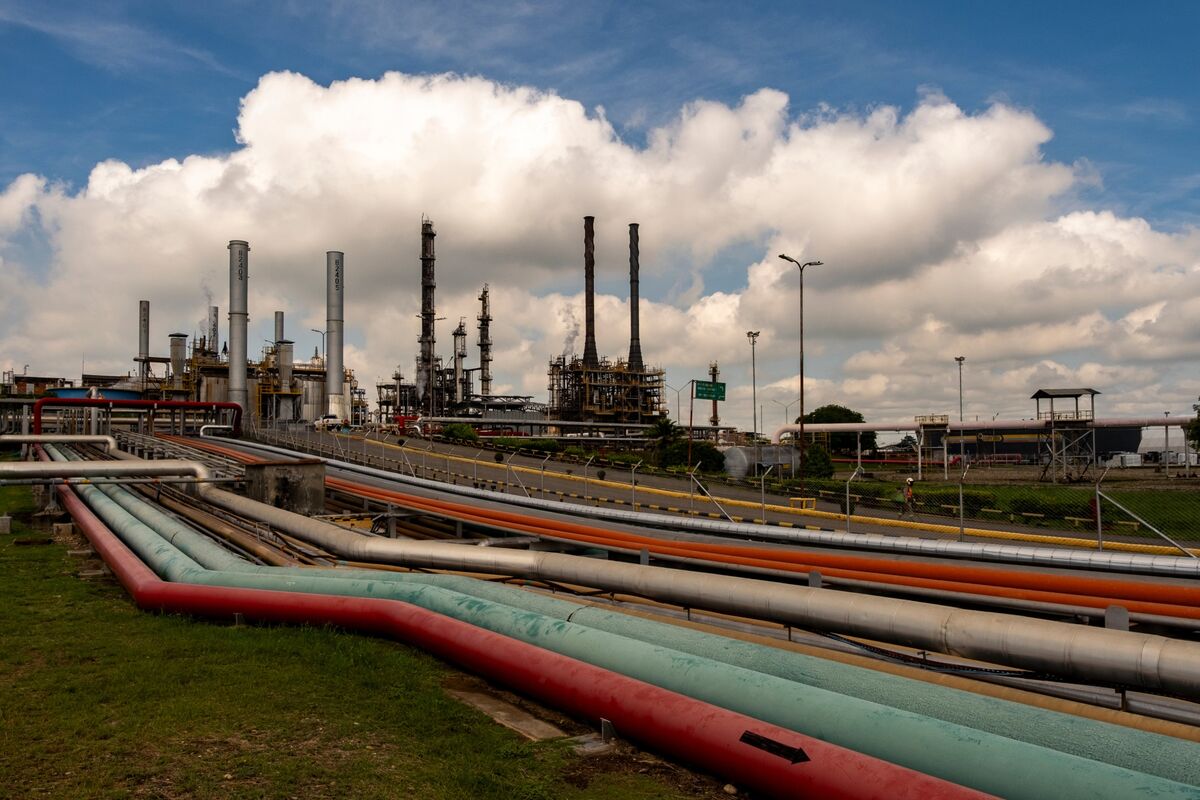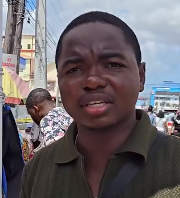Copyright newsday

PRIME Minister Kamla Persad-Bissessar remains unbothered amid reports that Caracas is proposing to suspend all gas agreements with TT, saying the country's future does not depend on Venezuela. Speaking to Newsday via WhatsApp shortly after the October 27 announcement, Persad-Bissessar said the government had robust plans to grow the economy across both energy and non-energy sectors. “The last PNM government mistakenly placed all their hopes in the Dragon project. We have not done so: therefore, we are not susceptible to any blackmail from the Venezuelans for political support,” she said. A defiant Persad-Bissessar said, “NO ONE: be it the Venezuelan government, the PNM, Caricom, or any other entity, will pressure or blackmail my government into retreating from the fight against the drug cartels.” The PM said she was “tired of seeing our citizens murdered and terrorised because of gang violence driven by illegal drugs and arms trafficking.” Despite this, Persad-Bissessar stressed there were no tensions between the two countries and reaffirmed TT continued to maintain peaceful relations with the Bolivarian Republic. She concluded her message reaffirming that the safety and happiness of the citizens is her “main concern.” Word of the proposed suspension came via state media Telesur, announced by Vice President and Oil Minister Delcy Rodríguez, who cited a series of what she described as “hostile and aggressive actions” by TT. She said the proposed measures were in response to alleged provocations, including TT’s alignment with US “warrior agenda.” The move marks a sharp escalation in regional energy tensions, sparking questions over energy security and the broader geopolitical influence of the US. Rodríguez referenced a recent incident she called the “false-flag operation,” in which a group allegedly linked to the CIA was detained for attempting to stage attacks to frame Venezuela. Delcy: V'zuelan sovereignty must be protected Rodríguez said the bilateral gas agreements, originally signed in 2015 and renewed in February of this year, allowed any party to denounce the treaty if it was violated. “This has been a wide-ranging agreement on energy co-operation, joint hydrocarbon projects, and shared resources. But under the current circumstances, it is necessary to suspend it to protect Venezuelan sovereignty,” Rodríguez declared. She concluded Venezuela remained committed to peace and co-operation among nations and believed the TT government had chosen a path of aggression. “Suspending gas agreements is a responsible measure to protect our country and send a clear message to the international community.” On October 22, at the Venezuela Productiva 2030 Business Expo Forum. Rodríguez criticised Persad-Bissessar, accusing her of celebrating extra-judicial killings and turning TT into a base for US military operations. Rodríguez said Persad-Bissessar was leading the people of TT “off a cliff” by trusting US Secretary of State Marco Rubio’s alleged promise to supply Venezuelan gas for free. Rodríguez said Venezuela’s gas “comes with a price tag” and can only be accessed through the Venezuelan government. She believes the US has been deceiving Persad-Bissessar and in turn, Persad-Bissessar was deceiving TT. In response to her October 22 comments, TT’s Ministry of Foreign and Caricom Affairs dismissed the allegations as unfounded. It maintained the visit of the USS Gravely, an American destroyer, which arrived in Port of Spain on October 26, is for a joint training exercise with the TT Defence Force. It describes the visit as part of “routine cooperation and maritime security collaboration”. The destroyer, escorted by two tugboats and Coast Guard vessels, will remain in TT waters until October 30. “The ship’s presence is in keeping with longstanding security partnerships in the region: any suggestion of provocation or military staging is without merit,” the release said. Analyst: Dialogue can diffuse tensions Political analyst Dr Anthony Gonzales spoke with Newsday prior to Rodríguez gas suspension announcement, warning if tensions were not resolved through healthy dialogue and diplomatic relations, Venezuelans could become hostile and reconsider the oil and gas agreements. “That’s why we have to play it smart, not offend either side. You can’t get dragged in. You just have to wait and see, focus on alternatives, and prepare for all outcomes.” He stressed the issue goes far beyond TT, entrenched in geopolitics. “If you can’t find a safe way in, you might as well stay out and wait until the situation settles itself.” Gonzales said while the situation is concerning, it can still be defused through direct and transparent dialogue but warned TT risks being “caught in the crossfire” of a geopolitical struggle between Washington and Caracas. “We should not get involved in this in the first place. These ships should stay away until the matter is settled. Sailing closer to Venezuelan waters, when tensions are so high, is not wise.” Gonzales recommended the government take proactive diplomatic steps to reassure Venezuela its territory will not be used for hostile activity. “We could call for talks with the Venezuelans, sit down, and explain what the ships are doing here. We have to reassure them that our country is not being used as a staging point. We’re not going to allow mercenaries to come from here.” Gonzales urged the government to publicly reaffirm its opposition to any foreign military intervention in Venezuela. “We may not support Maduro, but we also can’t support the idea of a military strike or invasion. The problem with Venezuela has to be dealt with through diplomacy, not force.” Gonzales: People can protest against aggression He noted that civil society also had a role to play in the current crisis. “If people want to show they do not support aggression, they can demonstrate against any invasion of Venezuela.” He called on trade unions, NGOs, private sector groups, and universities to speak out. Gonzales added that if the US military presence in the region scales back, as has happened in previous years, Trinidad and Tobago could face diplomatic backlash from Caracas. Former foreign affairs minister Winston Dookeran also stressed the importance of dialogue and diplomacy. Speaking after a panel discussion at UWI St Augustine on October 27, Dookeran said the issue is one of dialogue, and TT must not give up on dialogue and diplomacy.” Asked if sufficient dialogue had taken place prior, he added, “Dialogue is always necessary at any stage in the process.” Historically, Trinidad and Tobago and Venezuela have maintained a complex relationship centred on energy cooperation. The two countries share gas infrastructure, joint hydrocarbon projects, and trading agreements that have contributed significantly to the regional energy supply. TT, V'zuela have multiple energy deals While the Dragon Gas deal has drawn the most attention, TT’s National Gas Company (NGC), Venezuela’s PDVSA, and Shell have collaborated on several major gas projects. In December 2023, Venezuela granted a 30-year licence to TT to explore, produce, and export natural gas from the Dragon Gas Field in Venezuelan waters, with Shell appointed as operator. Due to US sanctions on Venezuela, the project required a licence from the US Treasury Department’s Office of Foreign Assets Control (OFAC). Both countries also signed the Cocuina-Manakin Gas Field Agreement in August 2024. The 20-year deal allows both governments to jointly explore and produce natural gas from the field, which straddles the maritime boundary. Licenses were granted to BP and NGC for development on the Venezuelan side, with US approval through an OFAC license issued in May 2024, valid until May 2026. The Loran/Manatee Gas Field Agreement, signed in 2019, also allows each country to independently develop its share. Again, an OFAC licence was secured in 2023 but revoked in April 2025, complicating the project. In 2015, both countries signed the Unified Offshore Fields Agreement to jointly develop offshore fields containing nearly 12 trillion cubic feet of natural gas. The largest field holds 10.25 trillion cubic feet, with 73.75 per cent attributed to Venezuela and 26.25 per cent to TT.



